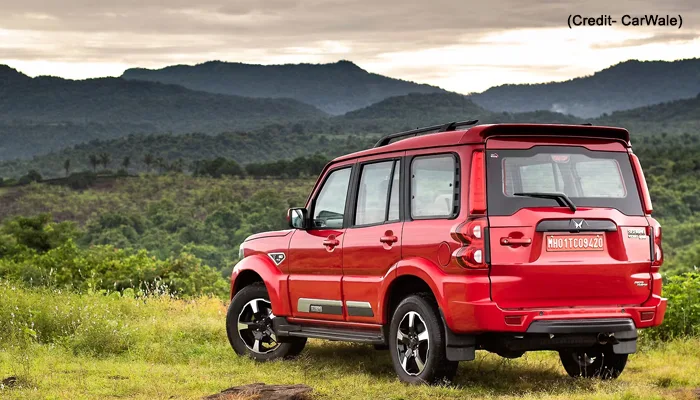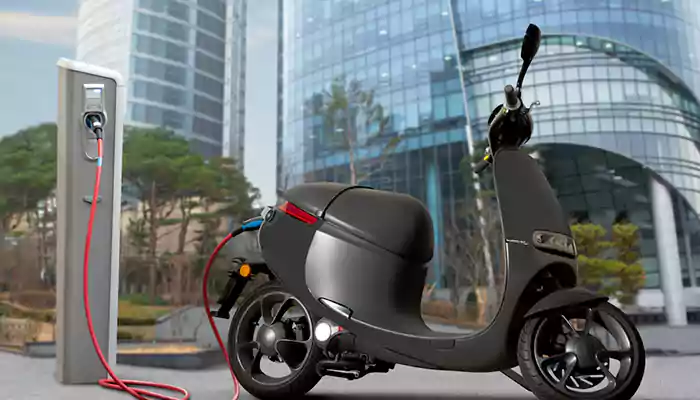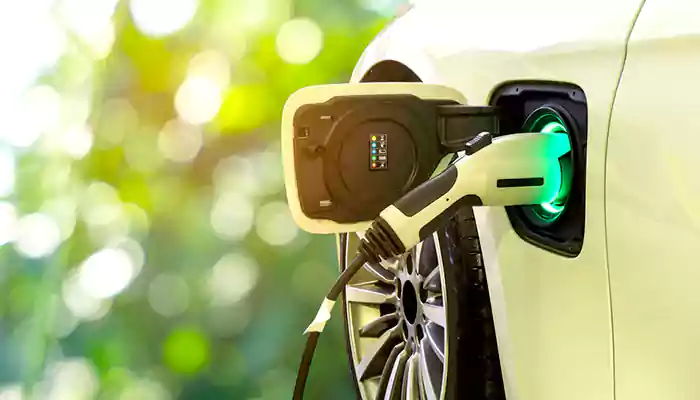
Purchasing a car is a significant financial commitment. In addition to a wide selection of vehicles, you can also pick between buying a new or used automobile. Read on to know which one is a better choice according to your needs.
Cars degrade in value over time. Thus they are not an investment. As a result, you must pay attention to how cost-effective it is. The cost of the automobile is about how many kilometers you plan to drive it, for example. Is owning a car even necessary if you just drive small distances every day? When purchasing a second-hand automobile, you may have to examine whether it is cost-effective, as maintenance expenses are significantly more significant and the miles are low for an older vehicle. Let's look at the pros and downsides of new and used automobile purchases.
Buying a new automobile has the following three advantages:
First, a New Car's Upkeep Is Far Lower Than A Used One.
New cars don't need maintenance for the first six to a year or the first few thousand kilometers. If this is the case, you may need to get your vehicle serviced. The first two or three services are generally free; nevertheless, the free services differ from one firm to another.
If your automobile is eight to ten years old, you should replace the oil three to four times every year. Additional services, such as battery replacement and air filter cleaning may be required. In addition, if the automobile you purchased does not meet your expectations, these charges might put a significant dent in your wallet.
New Car's Technology And Features Are Better
Even today's most cutting-edge technology can become antiquated in as little as six months or a year. As a result, when we buy a new automobile, we're getting the latest technology, features, and extras. You may now improve some of the amenities while purchasing an old car, but this will cost you more. In other words, if you enjoy the latest gadgets, it's always a good idea to upgrade your vehicle.
Automobile Loan's Interest Rate Rises With The Age Of The Vehicle
Loaning money to buy an old automobile comes with substantially higher interest rates than borrowing money to buy a new car.
Let's now examine the two drawbacks of purchasing a new vehicle instead of an older one.
First, there is no registration cost, road tax, etc., to pay.
Registration, road taxes, RTO charges, and other expenses are all part of the purchase price of a new automobile. However, if you acquire a second-hand car, you don't have to bother about these costs because they were already paid for by the previous owner.
A new car's depreciation rate is substantially higher than an older model.
A new automobile loses value at about 20% every year. Furthermore, the first three years are the most vulnerable to depreciation. You may expect to lose 40% of the value of your automobile in just three years, although if you take great care of it!












